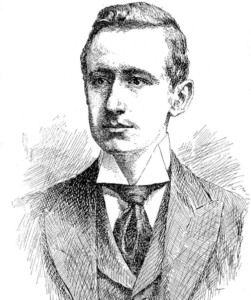
Guglielmo Marconi, born on April 25, 1874, in Italy, was an Italian inventor and electrical engineer who is widely recognized as a pioneer of wireless telecommunication. Marconi is best known for his development and implementation of long-distance radio transmission. In 1895, he successfully sent the first wireless signal over a distance of approximately one mile, and in 1901, he famously transmitted the first transatlantic wireless message, revolutionizing global communication.
Marconi’s work on wireless communication had a profound impact on various industries and transformed the way information was transmitted. His advancements in radio technology opened up new possibilities for long-distance communication, enabling rapid transmission of messages across vast distances. Marconi’s inventions laid the foundation for modern telecommunications systems and were instrumental in the development of radio broadcasting and later forms of wireless communication.
Marconi’s contributions to the field of wireless communication earned him numerous accolades and recognition. In 1909, he was awarded the Nobel Prize in Physics for his pioneering work on radio transmission. Marconi’s inventions and innovations continue to shape the modern world, serving as a cornerstone of global communication networks and connecting people across continents. His pioneering spirit and scientific achievements solidify his place as one of the most influential inventors in history.